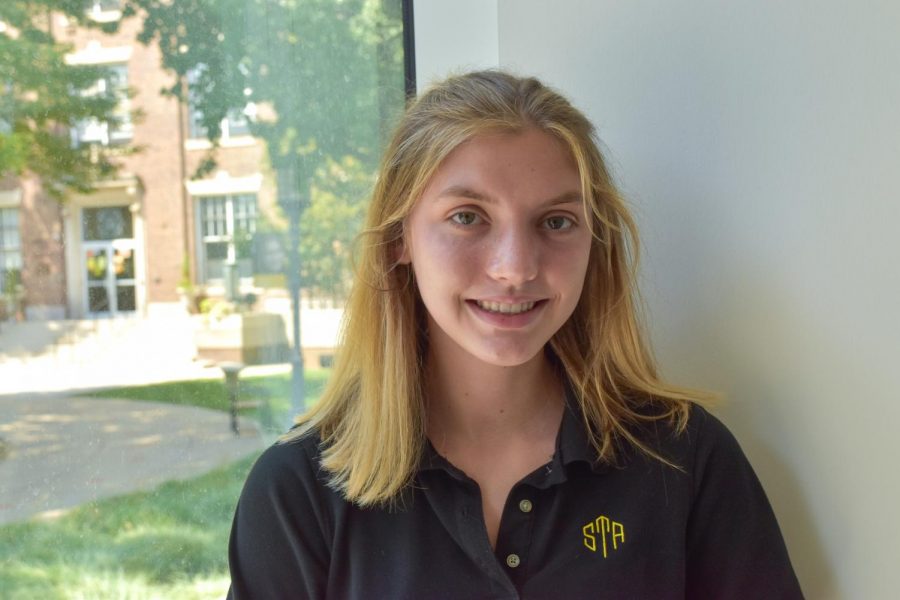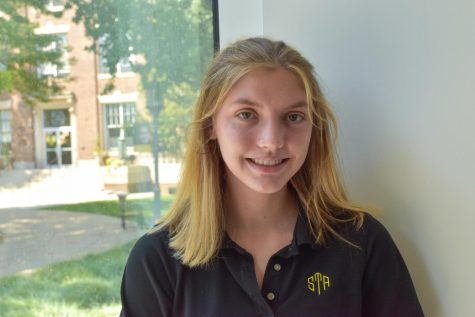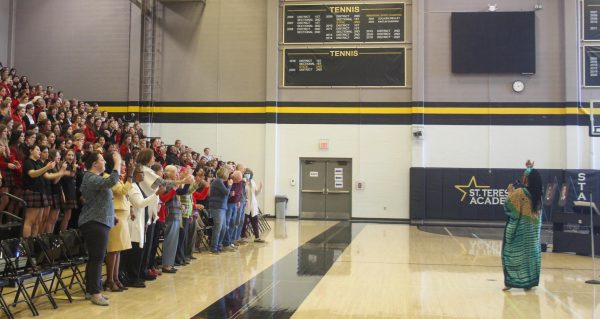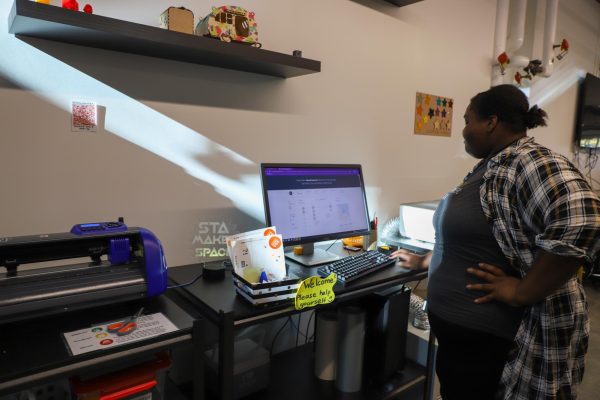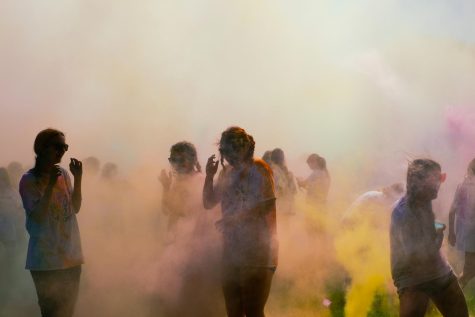Don’t be Thankful for Thanksgiving
American history is known to be swept under the rug, and as Thanksgiving comes to the forefront of the holiday season, it is important to pull out it’s true history.
November 23, 2020
In first grade, I sat in class as my teacher laid out the Thanksgiving play we were going to put on for our parents. The students would be split up into two groups: pilgrims and “Indians,” with costumes and headpieces to match the respective persona. I remember I desperately wanted to be an ‘Indian’ because of the colorful feathers that adorned their headbands, rather than the ugly black and white of the pilgrim hats. Alas, I was a pilgrim, and the whole first grade class acted out the prosperous relationship between the pilgrims and “Indians” at the first Thanksgiving in 1621.
The first mistake in my first grade education is that the native people we were portraying aren’t actually ‘Indians,’ they are Native Americans. Christopher Columbus incorrectly attributed the natives in the New World as “Indians,” and the association has been upheld to this day despite Native Americans having nothing to do with India. Columbus falsely believed he had landed in East Asia upon first arriving in the New World in 1492, therefore the misconception of “Indians” occurred.
Second, the relationship between the Anglo-saxon pilgrims and Native Americans was far from prosperous. The New York Times reported on the accurate portrayal of this seemingly patriotic story. The Wampanoag tribe — the tribe in the Thanksigivng story, rarely named — edured “a string of bloody episodes since 1524 in which European explorers seized coastal Wampanoags to be sold into overseas slavery or to be trained as interpreters and guides.” The reality of the heart-warming story that I acted out in first grade is that the Wampanoags helped the pilgrims out of fear of being slaughtered if they did otherwise.
The trend of white-washing the history of American holidays sadly does not end with Thanksgiving. Many have campaigned to transform “Columbus Day” to “Indegenous Peoples’ Day” in response to the horrible violence that Indengenous people endured because of Columbus.
History.com outlined the harsh reality of how Columbus perceived the Native Americans as obstacles to his goal of wealth and power. On his first day in the New World, he “ordered six of the natives to be seized, writing in his journal that he believed they would be good servants. Throughout his years in the New World, Columbus enacted policies of forced labor in which natives were put to work for the sake of profits.” Columbus spent most of his time “exploring’” the New World murdering those who called it home, and does not deserve to be recognized on the federal calendar for those endeavors.
What is taught to children shapes their worldview. The classroom narrative surrounding Anglo-saxon superiority in history needs to come sooner than taking an AP U.S. History class in high school. I believe that shielding children from the realities of our history as Americans does nothing but harm them in the future. I wish I had not been plagued by the ignorance of being patriotic to a man such as Columbus, or upholding the childish story of pilgrims and “Indians.” Eliminating white-washing from textbooks should be elementary, yet it has taken over 200 years.
As we collectively head into this Thanksgiving holiday season, let’s remember the raw parts of it’s history. Let’s sit at the dinner table and discuss the realities of colonization that too many white Americans are eager to sweep under the rug, rather than glorifying the triumphs of the pilgrims and colonizers that came before them.



